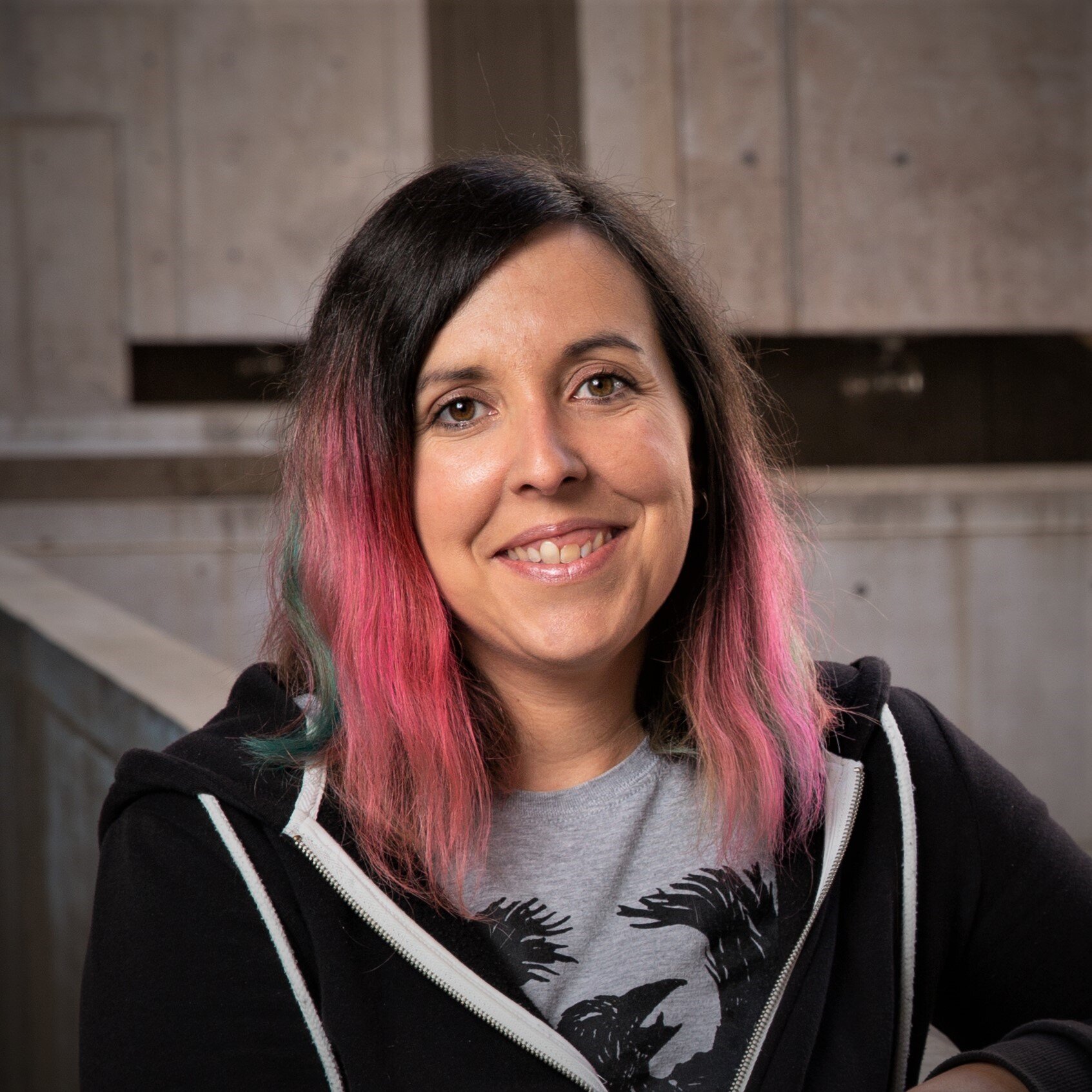Dr. Elena Blanco-Suárez
Postdoctoral Fellow The Salk Institute for Biological Studies
PhD in Biochemistry University of Bristol
When Dr. Elena Blanco-Suárez was getting her master’s degree in biomedicine, she noticed something peculiar about her neuroscience classes: the professors often couldn’t answer students’ questions. “That is currently being investigated” or “we’re working on that right now,” they would say. At the time, Elena was not planning on pursuing a PhD. But it struck her that there were still so many unanswered questions about the brain, and her interest was particularly piqued by the lectures on stroke. Today, after a successful PhD and postdoctoral fellowship, Elena is getting ready to start her own lab to investigate the role of glial cells in stroke pathology.
Towards the end of her master’s degree, with a new curiosity for the brain, Elena began looking for PhD positions. However, Spain – where she had lived and studied until this point – was suffering a financial crisis, and while many labs were eager for students, they could not offer funding. It was around this time that a friend sent Elena an ad for a Marie Skłodowska-Curie PhD fellowship program, which funded students in a set of participating labs in various universities across six European countries. As Elena filled out her application and listed her top choices for labs, she did not feel hopeful. It was a neuroscience fellowship, and while Elena had long studied science, her previous lab experiences had been in cardiovascular and diabetes research. Instead of counting this as a disadvantage, the committee appreciated the diverse perspective that these other disciplines would give her and recognized the strength of her scientific curiosity. She was offered a position in her first-choice lab and moved to England to join the group of Dr. Jon Hanley at the University of Bristol.
During her PhD, Elena worked with an in vitro model of stroke. This involved culturing neurons in a dish and then depriving them of oxygen and glucose to mimic what happens when the brain loses access to blood flow. She was trying to understand why certain brain regions are particularly vulnerable to stroke – is there something about the neurons themselves? The answer, she found, is yes. She compared neurons isolated from the cortex and hippocampus and found a difference in the way that AMPA receptors (a particular type of glutamate receptor) were trafficked to the cell surface, as well as in their downstream signaling cascades. She discovered that it was these differences that made hippocampal neurons more vulnerable than cortical neurons to oxygen and glucose deprivation.
Nearing the end of her PhD, Elena knew that she wanted to move to in vivo work, and she also had become interested in how strokes might affect the other cell types in the brain beyond neurons. Thus, for her postdoctoral work, Elena moved to San Diego to work with Dr. Nicola Allen at the Salk Institute for Biological Studies. In the Allen lab, Elena brought her AMPA receptor expertise to a new question – how do astrocytes regulate synaptic development? She discovered that during neuronal synapse development in the cortex, astrocytes secrete a molecule that induces a change in the neurons’ AMPA receptors, leading to synapse maturation and reduced synaptic plasticity. As she sets out to start her own laboratory, Elena wants to bring her understanding of astrocytes back to the questions surrounding neuronal vulnerability in stroke – how might astrocytes play a role in this vulnerability?
In addition to her contributions to science, Elena has also been devoted to bringing science to the community around her. When she first moved to San Diego to start her postdoc, she didn’t know anyone in the city. To fill her time outside the lab, she found the local science museum (the Fleet Science Center) and signed up as a volunteer. Elena has continued to work with the Fleet throughout her time in San Diego, giving lectures to public audiences of all ages, chatting about science in informal settings during the Two Scientists Walk Into a Bar event series, and even acting as a panelist at the famed ComicCon. She has also been a crucial member of the neuroscience blog NeuWriteSD, writing new content as well as translating others’ posts into Spanish in order to help the blog expand its readership. Elena believes that researching random brain-related topics for NeuWrite has made her a better scientist, sharpening her communication skills and forcing her to think outside the box of her own research expertise. Elena’s extensive experience in science communication has given her the ability to take a scientific concept and translate it into different levels for different audiences, a skill that will be invaluable in her academic career. In recognition of all of her education and outreach work, Elena was awarded the Society for Neuroscience’s prestigious Next Generation Award, which recognizes scientists’ outstanding efforts to communicate science to the public.
As her academic career moves into its next phase, Elena is excited to play a bigger role in mentoring students. As a postdoc, Elena advised undergraduates in the free hours of their busy class schedules. Now, as she becomes an assistant professor, advising will become a full-time job. Elena is looking forward to having the time to get to know her trainees more fully, to understand exactly what it is each of them needs to thrive. She is also looking forward to doing more grant-writing and having the complete freedom to develop and dig further into her own ideas. Perhaps someday the neuroscience faculty in that biomedicine master’s program in Madrid will be answering students’ questions with Elena’s exciting discoveries.



